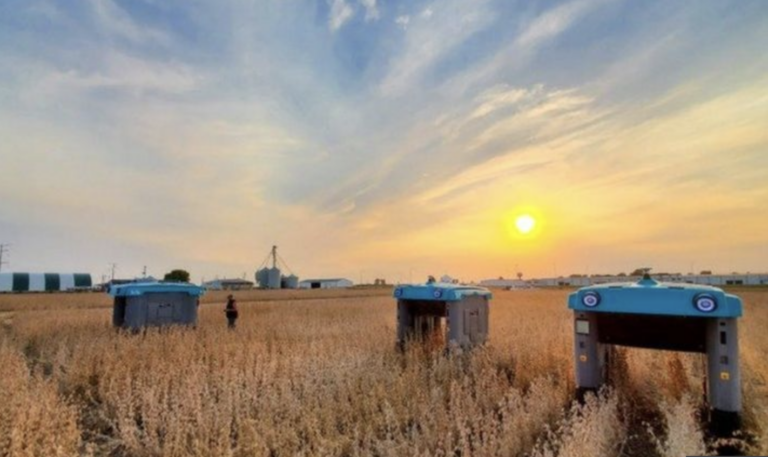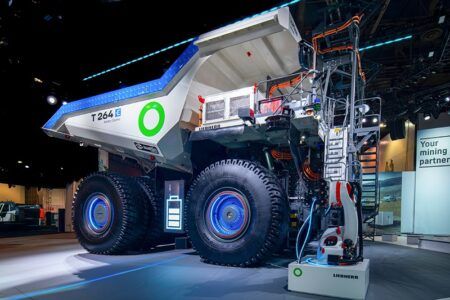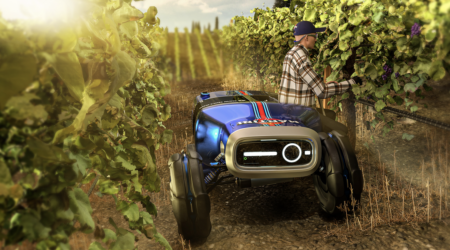In order to help farmers improve crop yield, company X, part of California-based firm Alphabet, has developed and deployed concept robots for individual plant inspection. The robots are able to collect the necessary data by moving through fields on upright pillars, passing over plants without disturbing them. The goal is to compile as much information as possible about how crops grow.
Known as Project Mineral, its aim is to create world-changing technology from radical ‘moonshot’ concepts. Alphabet said it was already working with breeders and farmers in Argentina, Canada, South Africa, and the United States.
“We hope that better tools will enable the agriculture industry to transform how food is grown,” said project lead Elliott Grant in a blog post. “What if every single plant could be monitored and given exactly the nutrition it needed? What if we could untangle the genetic and environmental drivers of crop yield?”
The project states that its main goal is to address the world’s increasing need for food and the sustainability of growing it – and that current tools do not give farmers the kind of information they need.
“While farmers may have information about the soil content or the weather, the buggy robot was designed to see how plants were ‘actually growing and responding to their environment,” said a spokesman for the company. “Over the past few years, the plant buggy has trundled through strawberry fields in California and soybean fields in Illinois, gathering high quality images of each plant and counting and classifying every berry and every bean.”
On top of being a literal bean-counter, the buggy can also record information such as plant height, leaf area and fruit size. And all that data is plugged into a machine-learning system to try to spot patterns and insights useful to farmers.
“Putting robots in fields makes an awful lot of sense,” said Ian Drew, technology company founder – and sheep farmer. “Checking for bugs, making sure crops were picked and planted at the right time and even picking weeds or moving fences were possibilities. “Having robots is really efficient and effective. Farmers are marginal most of the time. And so 1%, 2%, 5% efficiency is a huge gain for them – and anything that can do that for them will be taken up in the right way. But there are some downsides to all of this. Data security was essential at every step, because the last thing you want to do is have somebody hijack your farm. This big data is really important – and governments will want to have a say and control over how that is used and who gets to see it – because it is of national interest.”





